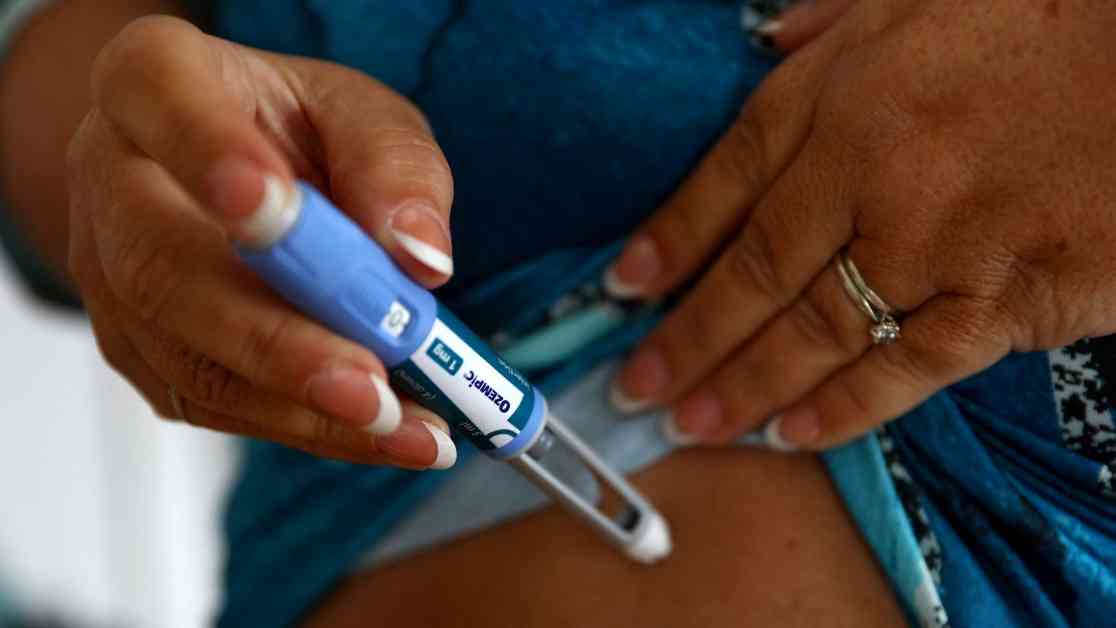A recent study suggests that weight loss drugs commonly used for treating type 2 diabetes may also be beneficial for individuals struggling with alcohol addiction. According to researchers, these drugs, known as glucagon-like peptide-1 receptor agonists (GLP-1 RA) and glucose-dependent insulinotropic polypeptide (GIP) drugs, showed promising results in reducing alcohol intoxication rates among individuals with alcohol use disorder.
The study, conducted by Loyola University Chicago in the US, analyzed data from over 800,000 individuals with a history of alcohol use disorder. Among those prescribed GLP-1 RA or GIP drugs, there was a significant 50% lower rate of alcohol intoxication compared to those who did not receive these prescriptions. The researchers also found that these drugs could potentially be effective in helping individuals struggling with opioid addiction, with a 40% lower rate of opioid overdose among those prescribed these medications.
These findings indicate that weight loss drugs could serve as a novel treatment option for individuals battling alcohol and opioid addiction. The authors of the study emphasize the need for further investigation into the potential benefits of these drugs in addressing addiction issues.
However, it is essential to note that Health Secretary Wes Streeting warned against the misuse of weight loss jabs for cosmetic purposes, emphasizing that the primary goal of these medications should be improving health outcomes rather than achieving an “Instagram perfect body.” Similarly, Sir Keir Starmer highlighted the economic benefits of these treatments, suggesting that they could help individuals return to work and alleviate pressure on healthcare systems.
Overall, the study sheds light on the potential of weight loss drugs in offering new treatment options for individuals struggling with addiction. As research in this area continues to evolve, it is crucial to prioritize the well-being and health of individuals battling substance abuse issues.




